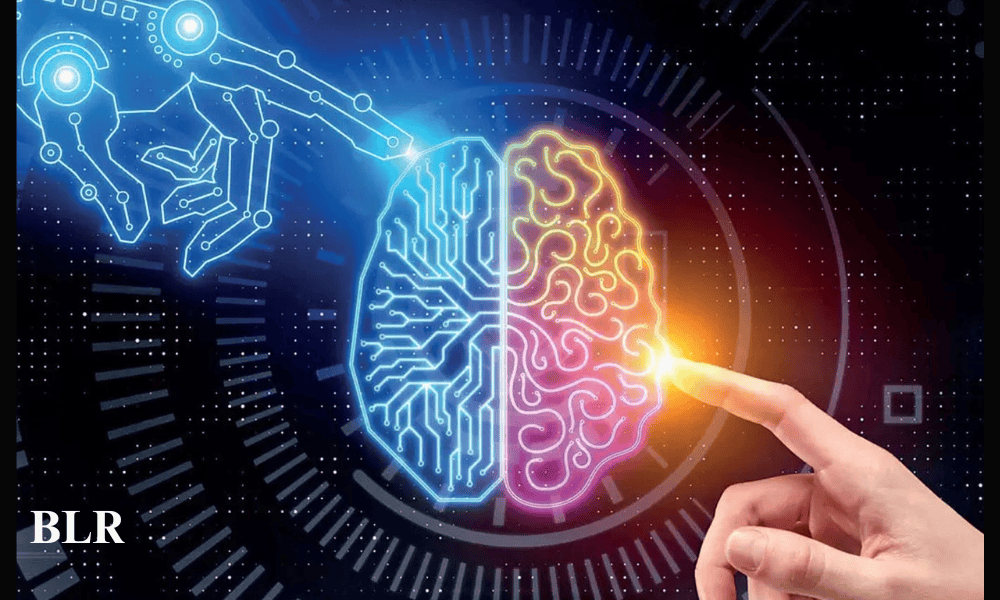Key Highlights
- The National Science Foundation awarded Lehigh University $2 million to study brain organoids for next-generation AI.
- Researchers aim to mimic the human brain’s ability to perform billions of computations using minimal energy.
- Combines neuroscience, bioengineering, computational algorithms, and ethics to develop AI breakthroughs.
A research team at Lehigh University in Pennsylvania, led by Professor Yevgeny Berdichevsky, is pioneering the use of tiny lab-grown brain samples, known as brain organoids, to design more efficient artificial intelligence systems.
The project, backed by a $2 million grant from the NSF Emerging Frontiers in Research and Innovation (EFRI) program, seeks to replicate the remarkable efficiency of the human brain, which performs billions of computations while consuming the same energy as a household light bulb.
“People have long built hardware-based neural networks to mimic the human brain,” said Berdichevsky. “But real brain circuits perform tasks that hardware still can’t. We want to identify those computations to inspire the next generation of AI algorithms.”
Engineering Lab-Grown Mini Brains
Unlike natural organoids, where neurons connect randomly, Lehigh researchers are creating lab-grown mini brains with precise structures. Using 3D-printed biomaterial scaffolds, they can organize neurons to resemble the human cortex, the brain’s hub for advanced computation.
Associate Professor Lesley Chow explained: “We can insert neural spheroids – clusters of different neural types – into scaffold sockets, stack the layers, and essentially engineer the whole organoid from the bottom up.”
These engineered organoids will be exposed to moving light images, allowing scientists to test whether they can detect motion, speed, and direction – capabilities essential for AI systems such as autonomous vehicles.
To visualize real-time brain activity, neurons will be modified to light up when active, producing a direct visual map of computation.
Data Analysis and Ethical Considerations
The project goes beyond biology. Using advanced computer algorithms, researchers will decode firing patterns of neurons and connect them to specific computational functions, providing inspiration for new AI architectures.
Equally important are the ethical safeguards. The team ensures the organoids remain too small and simple to develop consciousness, keeping research aligned with safe scientific boundaries.
A Multidisciplinary Collaboration
According to Berdichevsky, success depends on collaboration across fields: “Computational algorithms, neuroscience, bioengineering, tissue engineering, and even philosophy all must work together. It’s a truly multidisciplinary effort.”If successful, this lab-grown brain research could provide the first proof that organoids support biological computation. The outcome may revolutionize artificial intelligence, enabling more efficient AI systems that could transform industries such as healthcare, robotics, and autonomous vehicles.


